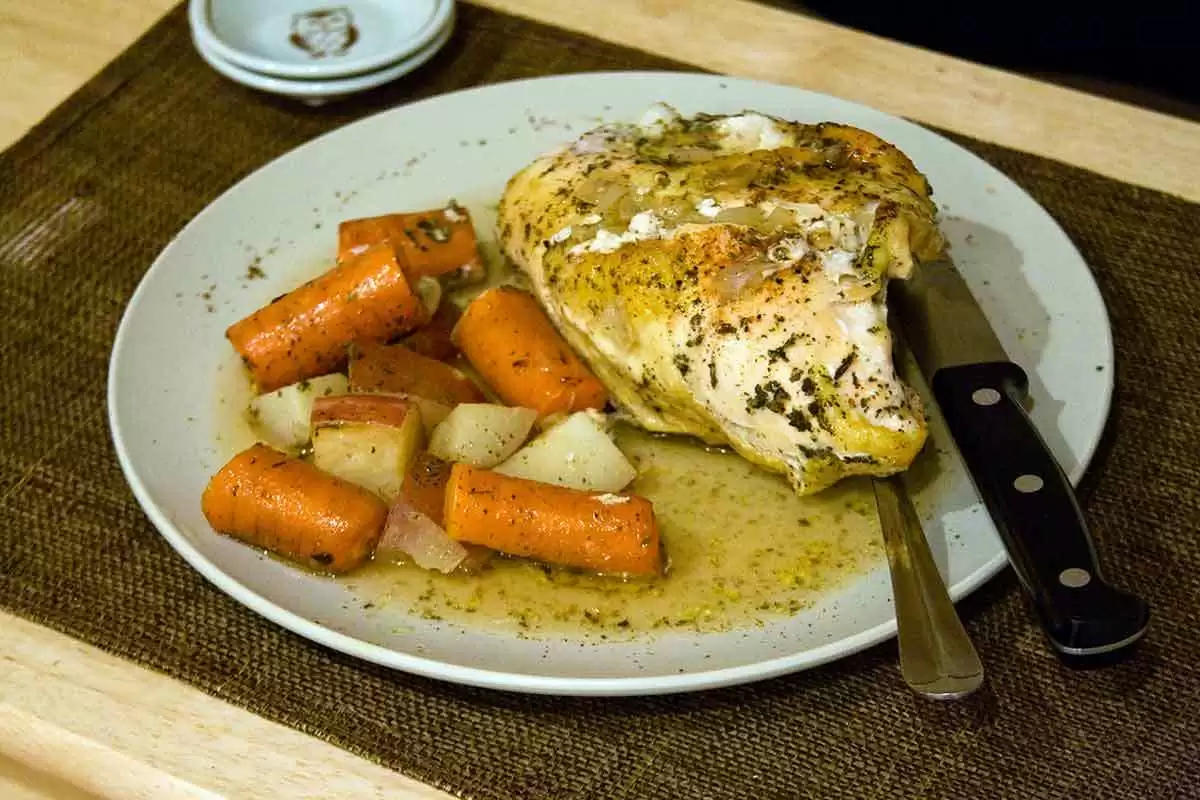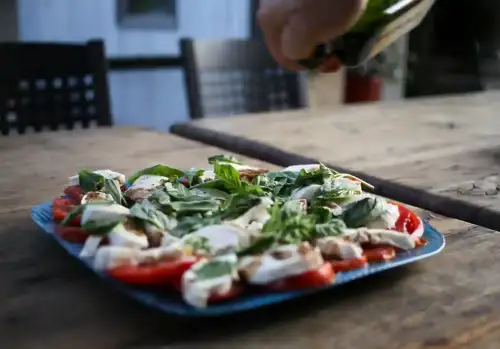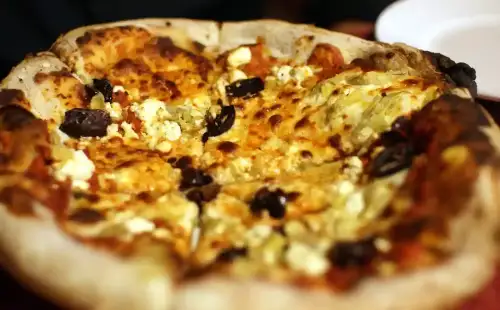![Mediterranean Diet Improves Quality of Life and Mental Health in Celiac Disease - [83] 'Mediterranean diet' by Angel Ros Die; Category: Sustainable food (© Angel Ros Die, Sustainably Yours /EEA) by European Environment Agency (EEA) is licensed under CC BY 2.0.](https://www.celiac.com/uploads/monthly_2025_08/Mediterranean_Diet_CC--EEA.thumb.webp.4e885bc0791fa13dbd27b065c0ec8044.webp)
Celiac.com 09/12/2025 - Celiac disease is a lifelong autoimmune condition where the body reacts negatively to gluten, a protein found in wheat, barley, and rye. Even when people with celiac disease avoid gluten completely, many still experience poor health, both physically and emotionally. This study set out to determine whether eating a Mediterranean-style gluten-free diet could improve quality of life, especially mental well-being, for people living with this condition.
How the Study Was Conducted
The study included 100 adults with celiac disease and 100 healthy individuals matched by age and gender. Researchers assessed how closely participants followed a Mediterranean-style diet using a scoring system called the MedDiet Score. They also evaluated health-related quality of life using a survey that measured two main areas: physical health and mental health. These were labeled as the Physical Component Score and the Mental Component Score.
What Is the Mediterranean Diet?
Celiac.com Sponsor (A12):
The Mediterranean diet emphasizes whole, natural foods. It includes lots of fruits, vegetables, legumes, nuts, fish, olive oil, and gluten-free grains such as rice, quinoa, and corn. Red meat and processed foods are limited. Although it is traditionally eaten in countries around the Mediterranean Sea, its health benefits are being recognized worldwide. The diet is rich in antioxidants, healthy fats, and fiber and has been linked to better heart health, reduced inflammation, and improved mental wellness.
Key Findings from the Study
Most participants, whether they had celiac disease or not, showed moderate commitment to the Mediterranean diet. There was no major difference in diet scores between the two groups. However, people with celiac disease reported slightly lower physical health compared to the healthy group. Their mental health scores were also slightly lower but not by a significant margin.
Importantly, the study found a strong connection between better adherence to the Mediterranean diet and improved mental health scores among people with celiac disease. This suggests that those who closely followed the diet felt better mentally. However, there was no such connection between the diet and physical health scores.
Why Mental Health Might Improve with Diet
One possible explanation is that the Mediterranean diet contains nutrients that are known to support brain health. These include omega-3 fatty acids from fish, antioxidants from fruits and vegetables, and B vitamins important for mood and brain function. The diet may also help reduce inflammation and support a healthier balance of gut bacteria—factors increasingly linked to emotional well-being.
In people with celiac disease, the gut is often inflamed or imbalanced, even with strict gluten avoidance. The gut and brain are deeply connected, and disturbances in the gut may impact mood and mental clarity. By supporting gut health through a nutritious diet like the Mediterranean plan, it is possible to improve both emotional and physical wellness over time.
Challenges and Considerations
The study was based on online surveys, which means the data relied on self-reporting and may not reflect the full picture. Also, most participants scored in the moderate range for diet adherence, which made it difficult to assess the effects of very high or very low diet quality. Finally, because the study was a snapshot in time rather than a long-term follow-up, it could not determine cause and effect—only associations.
Nonetheless, these early findings provide meaningful insights into how dietary choices might affect well-being for people with celiac disease. It suggests that what people eat after removing gluten from their diet still matters greatly for their overall quality of life.
Why This Study Matters to People with Celiac Disease
Living with celiac disease requires major changes in eating habits. For many, simply removing gluten is not enough to feel completely well. This study highlights that the quality of the gluten-free diet—not just the absence of gluten—can play a critical role in how people feel, especially when it comes to mental health.
By choosing more whole foods, healthy fats, and fiber-rich gluten-free grains—hallmarks of the Mediterranean way of eating—people with celiac disease may experience fewer emotional difficulties, reduced anxiety, and a better outlook on life. As a result, medical professionals may consider recommending the Mediterranean gluten-free diet not just for nutritional balance, but also to support the emotional resilience of their patients.
Conclusion
While avoiding gluten remains the cornerstone of managing celiac disease, this study shows that embracing a Mediterranean-style gluten-free diet may provide added benefits—particularly for mental well-being. By adopting a more balanced and nutrient-rich way of eating, people with celiac disease may find that they not only manage their condition more effectively but also enjoy a better quality of life overall.
Read more at: gastroenterologyadvisor.com









Recommended Comments
There are no comments to display.
Create an account or sign in to comment
You need to be a member in order to leave a comment
Create an account
Sign up for a new account in our community. It's easy!
Register a new accountSign in
Already have an account? Sign in here.
Sign In Now